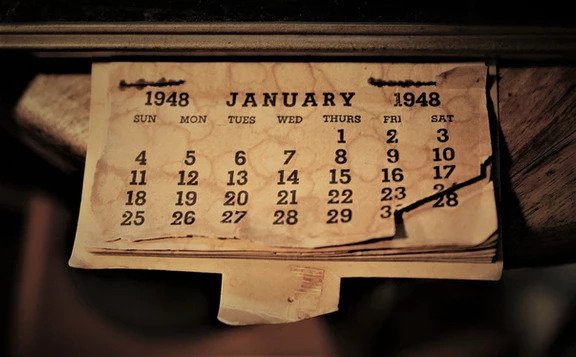- The effective date of a purchase agreement is the critical time from which all of the rest of the dates of the purchase agreement flow.
- As a result, its essential to know what the effective date is and build a critical dates list from there.
- And once you know that date, you will know when your option period expires so that you can terminate the agreement if needed.
A few months ago on this blog, we talked a little about purchase agreements. Specifically, we talked about the TREC and TAR forms that a lot of people use in Texas when purchasing commercial real estate – and the problems with them. If you do not recall, while I think some of the promulgated forms can be useful, we always recommend our clients use our own purchase agreements that we have drafted. Or, at the least, let us add our riders to the TREC/TAR forms.
Well as I was looking for something interesting to write about this week (or, at least, interesting to me), I kept reading about acquisitions all over Texas. And it got me thinking about purchase agreements again. And what’s more interesting to my readers than the details of commercial real estate purchase agreements? Nothing.
So that’s what we are going to talk about this week. Specifically, I want to talk about Effective Dates and Option Periods and how important they are to commercial purchase agreements. So that’s what I do below.
What is the Effective Date?
Many of you probably already know this but there is almost nothing more important in a commercial real estate purchase agreement than the effective date. Everything in the agreement is based off of the effective date.
The effective date is pretty self-explanatory. It’s the date on which the contract is executed/becomes effective. The purchase agreement should define exactly what that date is. Its very important, therefore, that you or your lawyer read that section to confirm. Generally the effective date is one of two dates –
· the date the parties sign and execute the agreement or
· the date the title company receives the agreement and sends its acknowledgement.
But again, this will be defined in the agreement.
Once you determine what the effective date is, everything else flows from this. That’s why its so important to make sure you have the correct effective date. Next, its always helpful to get a critical dates list from the title company. This will help you keep track of the important dates in the agreement. But, of course, double check those dates to make sure they are accurate.
Don’t Forget the Option Period
One of the reasons the effective date is so important is that it determines when the option period expires. The option period, of course, is (usually) the time during which the Buyer can terminate the agreement for any reason and receive the entire escrow amount returned.
But the option period always has a hard deadline. And that deadline will be based off of the effective date. That’s why it is so important to make sure you know the effective date and how that dictates when the option period expires.
As I wrote above, a good title company will send you a critical dates list. And this will list the end of the option period, among other dates. But its essential that you or your lawyer double check these dates. Because if you try to terminate the agreement after the option period expires, you will likely lose your escrow amount.
One other part of the option period that is important – often a buyer can extend the option period with an additional deposit. We always try to put a clause like that into a purchase agreement when we represent the buyer. But again, the time you have to use the extension starts from the effective date. And if you miss the deadline, you likely will lose your earnest money deposit if you terminate the agreement.
So as you can see, everything starts from the effective date. And its vital to know what that date is. And while there are so many gray areas in the law – deadlines in a purchase agreements are not one of them. Its important you and your lawyer know the critical dates in your transaction.



